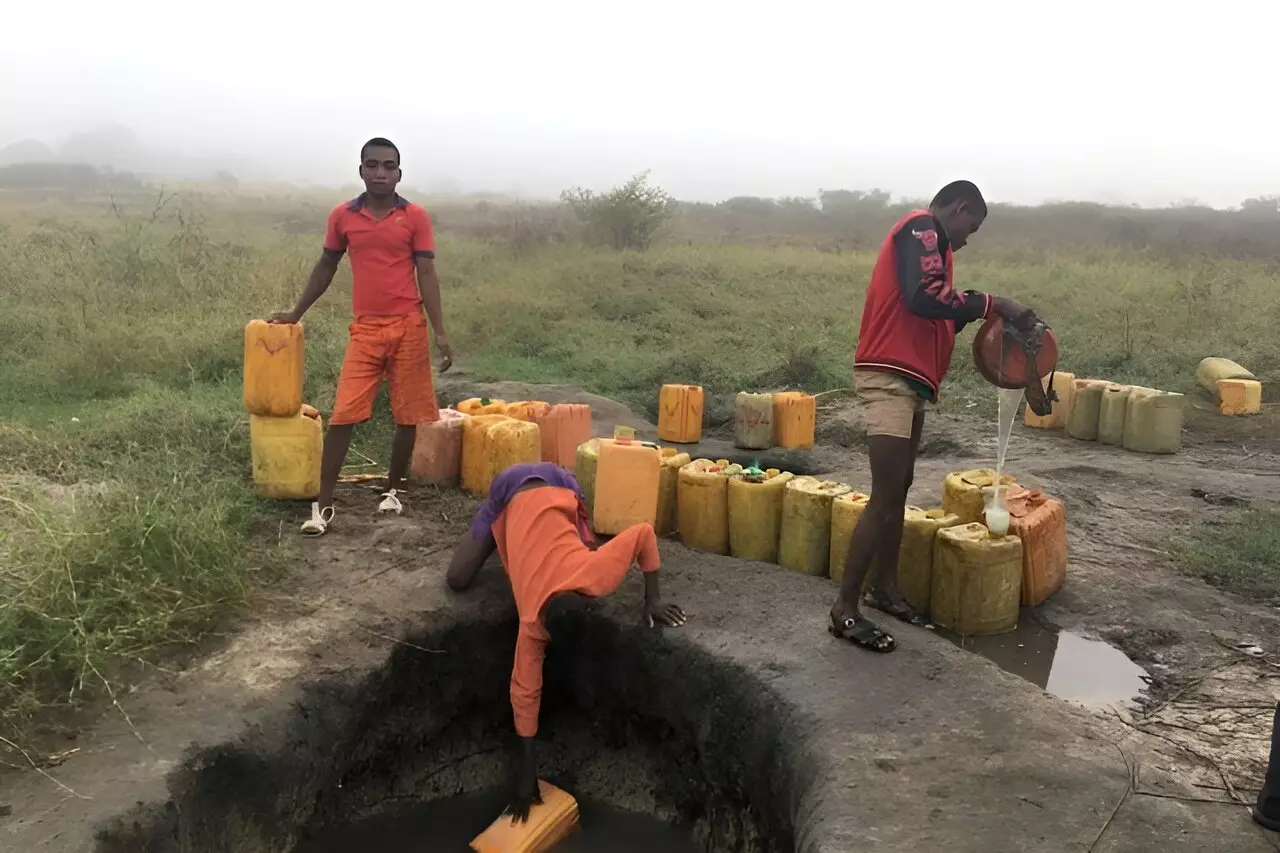A recent study led by a team from the University of California, Irvine has shed light on the clear link between human-driven climate change and the ongoing years-long drought in southern Madagascar. This study, published in npj Climate and Atmospheric Science, highlights the implications of climate change on the hydrological cycle in the region, particularly affecting the livelihoods of the local population. According to Angela Rigden, the lead author of the study and an assistant professor of Earth system science at UC Irvine, the rainy season in southern Madagascar is becoming shorter with a delayed onset, signaling significant changes that are likely to impact food production.
Analyzing Remote Sensing Data
The team was able to establish a connection between the drought and climate change through a multi-year satellite record of vegetation greenness, showcasing shifts in southern Madagascar that indicate variations in water availability. By analyzing satellite-based remote sensing data and correlating it with soil water content, the researchers were able to identify the narrowing of the rainy season window, a key indicator of the impact of climate change on the region’s seasonality. This long-term observational record, stretching back to the early 1980s, provides valuable insights into the changes attributable to climate change, particularly in less developed and vulnerable regions like southern Madagascar.
The study also compared the observed shift in the rainy season window with the projections of climate models, highlighting the consistency between the satellite data and the model predictions. This alignment further strengthens the argument for the influence of human-driven climate change on the drought conditions in southern Madagascar. Christopher Golden, a study co-author and an associate professor of nutrition and planetary health at Harvard University, emphasized the significance of these findings in understanding the long-term impacts of climate change on vulnerable populations.
The study not only provides crucial insights into the current drought crisis in southern Madagascar but also offers valuable information for policymakers and relief agencies. By establishing a direct link between climate change and the worsening drought conditions in the region, the study highlights the urgent need for targeted relief efforts and sustainable adaptation strategies. Christopher Golden stressed the importance of recognizing the recurring nature of such climate-related events and emphasized the role of policymakers in allocating resources for future relief efforts in the region.
As the impacts of climate change become more pronounced, it is imperative for affected populations to prepare for the challenges ahead. By understanding the changing climate patterns and acknowledging the long-term implications of drought, communities in southern Madagascar can develop resilience strategies and adaptation measures to mitigate the adverse effects of future climate-related disasters. Angela Rigden emphasized the importance of proactive planning and resource allocation to address the recurrent nature of droughts and other climate extremes in the region.
The study underscores the critical need for coordinated efforts to address the impacts of human-driven climate change on vulnerable communities in southern Madagascar. By combining remote sensing data, climate models, and on-the-ground observations, researchers are able to provide valuable insights that can inform decision-making processes and facilitate targeted relief efforts in response to climate-related disasters. Ultimately, proactive measures and sustainable strategies are essential for building resilience and adapting to the challenges posed by climate change in the region.



Leave a Reply